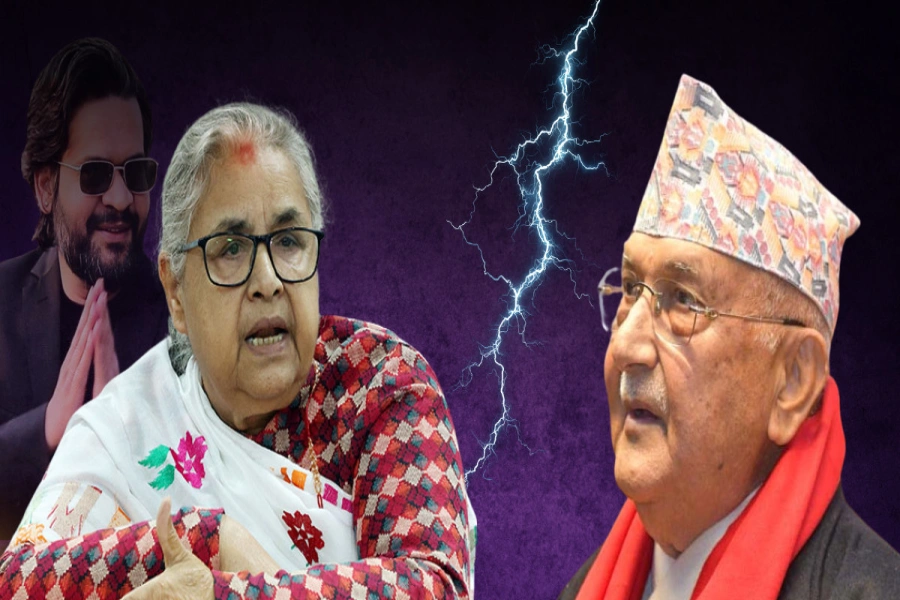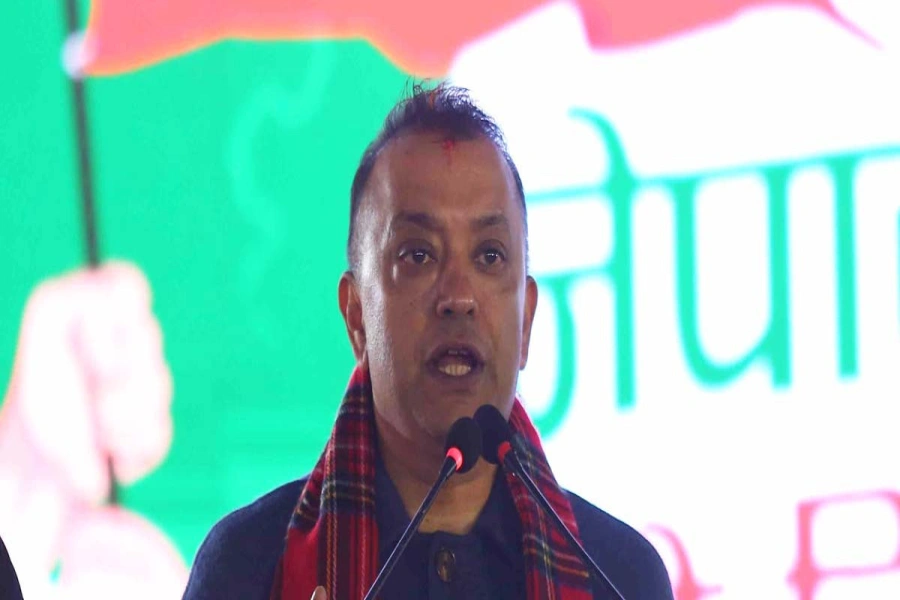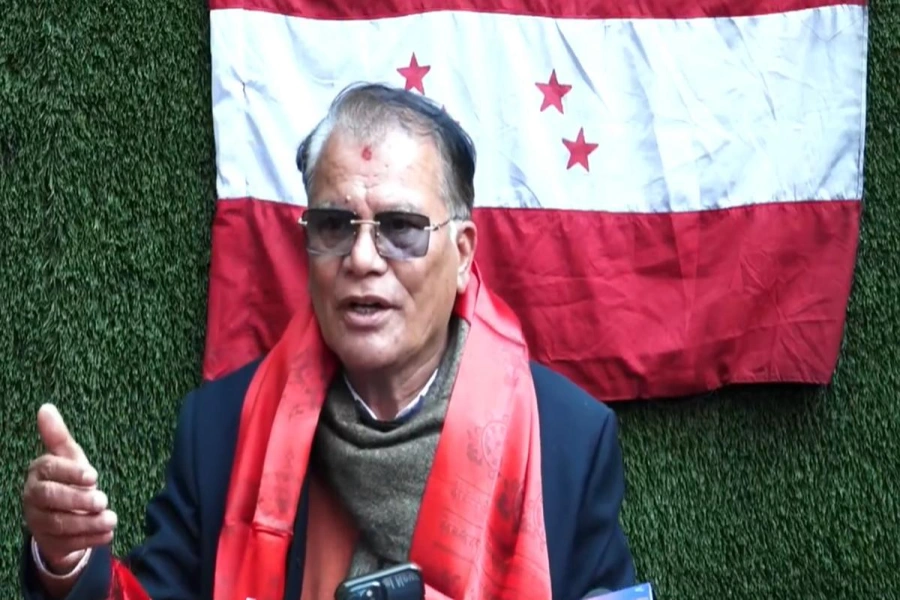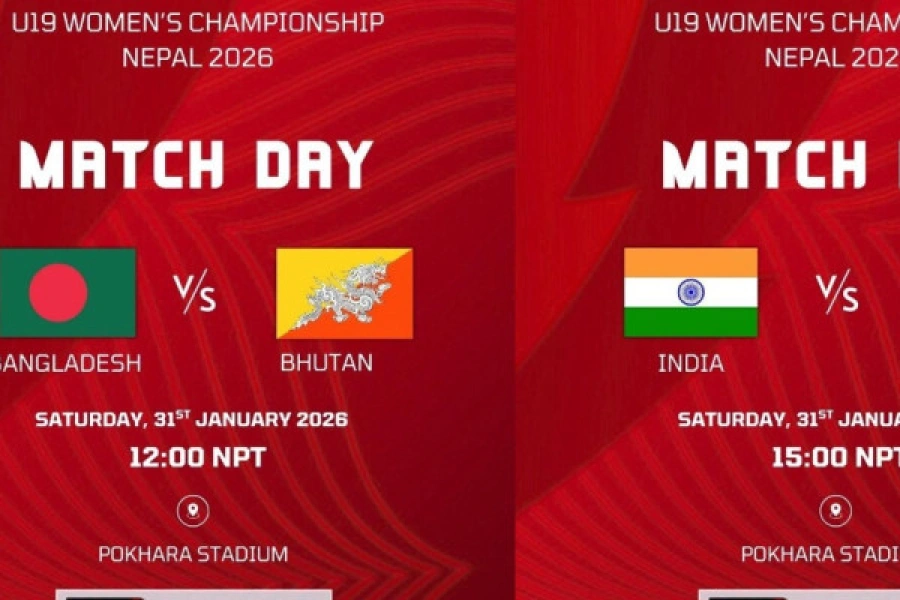Our democracy has been hijacked by professional politicians who have become a class onto themselves and far-removed from ordinary people
Until the first set of results of US presidential elections started streaming in late Tuesday evening on November 8th, the defeat of Donald Trump—the Republican Party nominee—seemed all but certain, with polls showing that there was a 90 percent certainty of him losing by a landslide.
Such pessimism about Trump’s win was nothing new. From the time Trump had announced his intent to enter the presidential race as Republican party nominee in June 2015 he had few friends or support groups behind him, for the simple reason that he was not a professional politician. In fact, he had been a businessman all his life and had never held elected office. Most people came to believe that it was his wealth and his name recognition from his famous TV show, The Apprentice, that motivated him to join politics; and that he had no clear idea of how to govern America, nor did he have any fixed political ideology.
In fact, for a novice in politics like Trump, most people believed it was ridiculous to vie for presidency. Predictably, public media as well as professional politicians portrayed Trump as eccentric and xenophobic, one who had utter disregard for women and minorities. The national print media such as The Washington Post and The New York Times regularly carried articles critical of Trump, questioning his ability and intelligence to be the president. They pointed out that his unpredictable behavior and quick temperament made him unfit to be the commander-in-chief and to be trusted with the nuclear code.
Looking back, nearly a month after the election, it is unbelievable how wrong the critics were about Trump, including the Republican Party bosses who never supported him. They instead worried that Trump’s candidacy would make them lose control of both the House and the Senate—the lower and the upper legislative wings of US government respectively—which in turn would mean the Democrats would have full control of the federal government. Looking ahead, Republican leaders believed that Trump’s massive electoral loss would make it impossible for Republican Party to win the presidency or to get back legislative majority in the near future.
Amid so much of doom and gloom, Trump persisted with his mission of ‘Making America Great Again’ using, in large part, his own money and his small coterie of supporters to organize a ragtag presidential campaign. But Trump did this with unbounded enthusiasm, unassailable resolve and unmovable determination.
Overall, it was nothing less than a miracle that Donald Trump prevailed against all those odds, first winning his party’s nomination against 16 other contestants and then launching a successful campaign that won him the presidency. How did he do it?
The magic that Trump utilized to get his messages across—and make those messages understandable to most ordinary people—was his focus on around half a dozen key issues that concerned most voters. Trump delivered these messages with force, credibility and conviction, which moved people to come to Trump’s rallies in droves. His utterances at these rallies became the movement’s unforgettable hallmarks: he told massive crowds that he would rebuild America and restore its old glory.
Trump zeroed in on what became his signature campaign agenda: cutting off inflow of illegal immigrants by building a wall along the US-Mexico border and deporting all those who had entered the country illegally. He proposed to stop immigration from Muslim countries, which, he argued, posed security risks. He would scrap regional trade deals like the North American Free Trade Agreement and opt out of the Trans-Pacific Partnership Trade negotiations to protect America’s manufacturing jobs and revive its industrial base.
Trump attributed the decline of industrial America to bad trade deals with partner countries that took undue advantage of America’s open trade policy by flooding the country with cheap and shoddy products, against which domestic industries couldn’t compete. The ensuing trade deficit helped create a mountain of debt that was owed to foreigners. Trump feared this debt would undermine the soundness of American finances and debase its currency.
Trump promised that he intended to implement “America First” policies in trade deals and restrict free trade to protect American industries. Trump argued that his “Made in America” policy would help revive older industries and bring back factory jobs that had been lost to cheap labor countries like Mexico and China.
American voters trusted Trump over his Democratic opponent Hillary Clinton to get the country back on the right track and help Make America Great Again.
Looking at our own situation, Nepal’s democracy has been hijacked by professional politicians who have become a class onto themselves and far-removed from the ordinary people. In a way, it seems as if our political bigwigs believe it is their birthright to rule the country. And these political operatives are entrenched and control all levers of power—administrative, judicial, police and armed forces, and, in many instances, even the media. There is nothing the public can do to dismantle this nexus and to “drain the swamp”, as Trump puts it.
But we should not give up hope. There is always light at the end of the tunnel. For one, the public is increasingly aware of the sins of their politicians and the need to drain the swamp: get corrupt elements out of politics and replace them with an outsider like Donald Trump.
Trump had started on his mission alone, backed by his sizeable family fortune, his name recognition, clear vision and an unassailable resolve to make America great again. More important, Trump didn’t go through established political channels to win over politicians he considered as part of the problem. He took his message directly to the people and spoke to them in the language they could understand. And, on the strength of his clear vision, straight talk, and his focus on just a few signature issues, he won the hearts and minds of American public during the 16 months since he first announced his candidacy for American presidency.
Why can’t we have such a transition in Nepal, with the rise of another transformative personality like Trump? Nepali people’s search for a Donald Trump of their own has well and truly begun. It’s only a matter of time before we find one.
Shah is the author of a forthcoming book, An American Renaissance—Donald Trump’s Win of US Presidency
Dilemma of corruption

sshah1983@hotmail.com

































